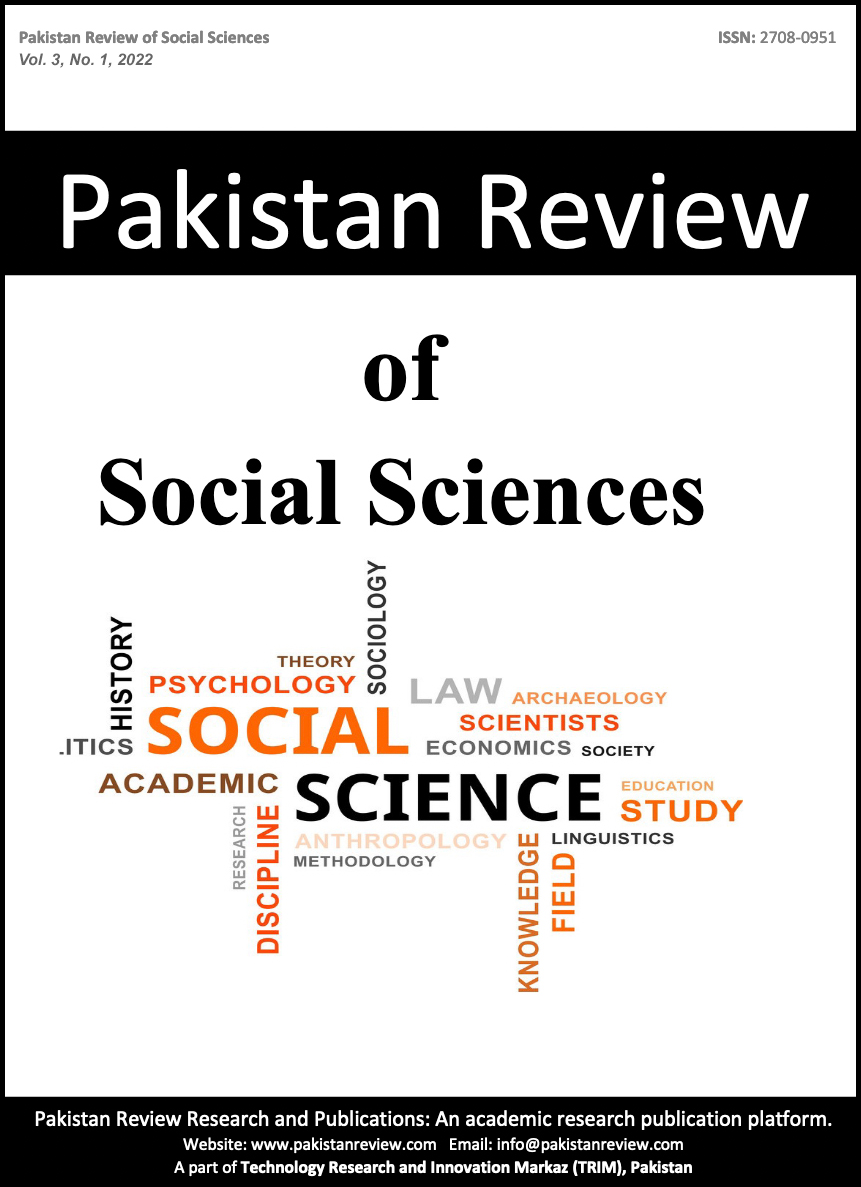INNOVATION AND INTELLECTUAL PROPERTY STRATEGIES: CAUSES AND REPERCUSSIONS FOR FIRMS
Abstract
According to patent law, the business that made a specific innovation or discovery has the sole right to produce and market that innovation or discovery for a specific amount of time. This essay will look at how these regulations affect business competitiveness and budgets for research and development. The study then talks about IP-based competition. Competitors infringing on intellectual property is a serious issue in today's globalised economy. The study examines how companies might use legal tools, like litigation and licencing agreements, to safeguard their intellectual property and keep a competitive edge. Finally, the study looks into how IP strategies have sparked novel methods of product development. Businesses must constantly create new products to meet customer needs in today's cutthroat market while still safeguarding their confidential information. This paper's goal is to present a comprehensive overview of the ways that intellectual property strategies affect how innovatively businesses think up new products and services. Patent laws are advantageous because they support innovation by giving inventors financial rewards and safeguarding their intellectual property. This promotes private businesses to spend money on R&D, which ultimately helps society as a whole. Businesses can use the cash they receive from patent licencing fees to fund additional R&D initiatives. However, the laws governing patents may have unintended detrimental effects on inventiveness. The potential for patents to restrict people's ability to benefit from significant technological and creative advancements is a significant problem. Some large firms use patents as entry barriers to keep new, smaller competitors from entering the market and having an equal chance of success. The rate at which new technologies are created could slow as a result.
Downloads
Published
How to Cite
Issue
Section
License
Copyright (c) 2023 Pakistan Review of Social Sciences (PRSS)

This work is licensed under a Creative Commons Attribution 4.0 International License.
Submission declaration
Authors have copyright but license exclusive rights in their article to the publisher. Author's submission implies that the work described has not been published previously (except in the form of an abstract or as part of a published lecture or academic thesis), that it is not under consideration for publication elsewhere, that its publication is approved by all authors and tacitly or explicitly by the responsible authorities where the work was carried out, and that, if accepted, it will not be published elsewhere including electronically in the same form, in English or in any other language, without the written consent of the copyright-holder.



